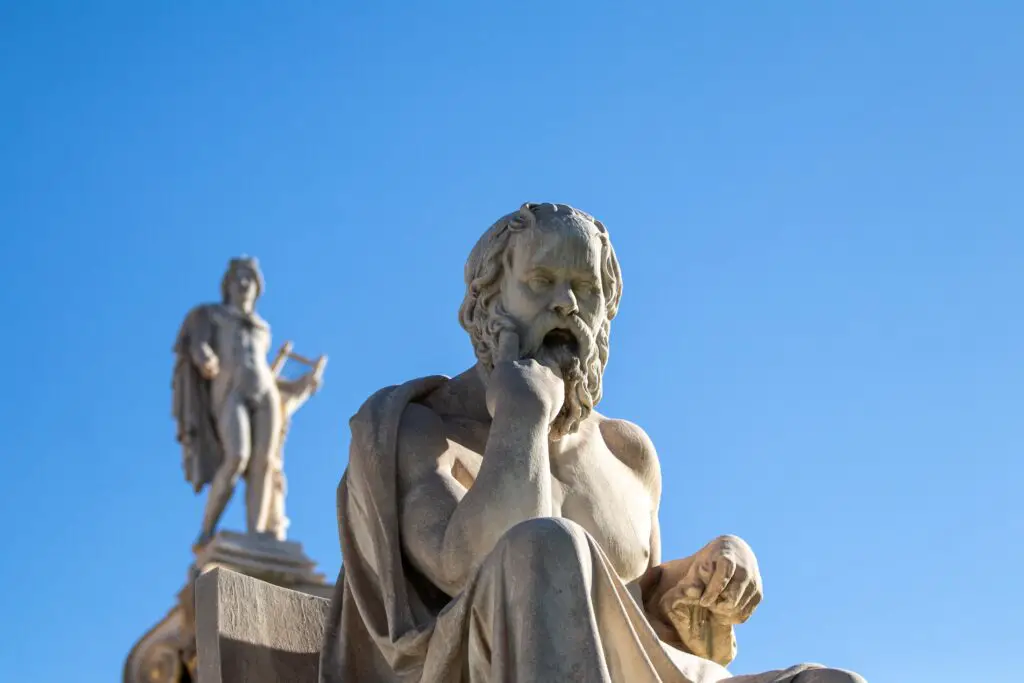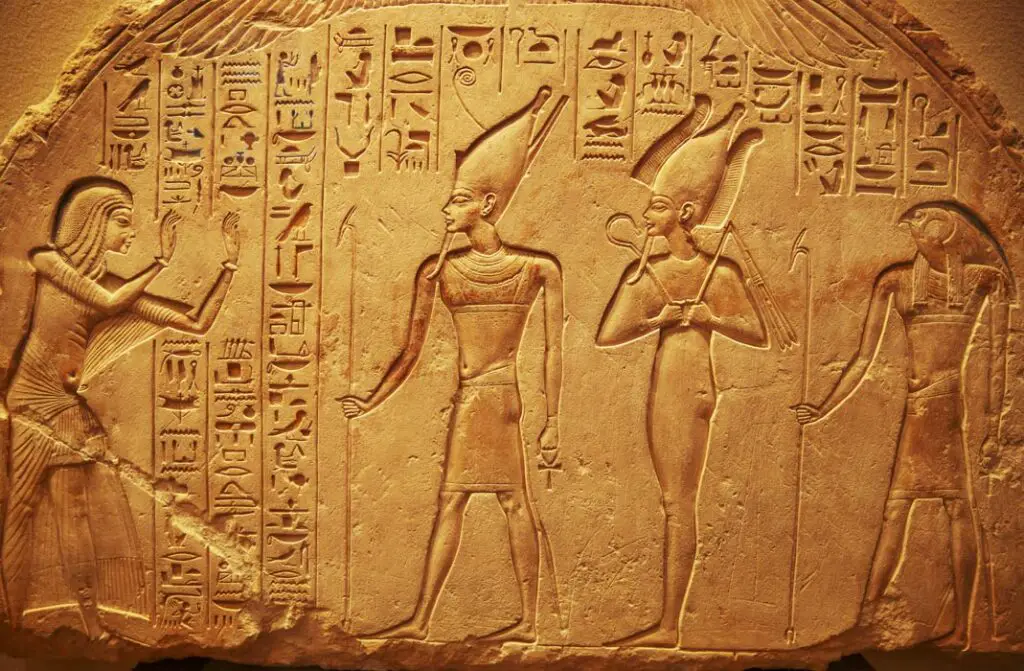1. They Started the Day with Cold Water Rituals

Ancient Egyptians and Romans weren’t just tough—they were refreshingly smart. Many began their mornings with a splash (or full immersion) in cold water, believing it invigorated the body and sharpened the mind. Turns out, they were onto something. Cold exposure stimulates circulation, boosts alertness, and even helps regulate mood through a rush of endorphins. It wasn’t just about hygiene—it was a full-body wake-up call.
They didn’t have espresso shots, but they knew how to jolt themselves into gear. Roman bathhouses had cold plunge pools called frigidaria, and Egyptian priests bathed in cold water multiple times a day for spiritual purity. Today, cold showers are trending again for their health benefits. So next time you’re dragging yourself out of bed, maybe channel your inner pharaoh and take the plunge.
2. They Practiced Mindful Eating—No Multitasking Allowed

Ancient Greeks believed meals were sacred moments, not something to rush through while checking scrolls (or, you know, phones). They ate slowly, talked with companions, and truly savored their food. Hippocrates even said, “Let food be thy medicine,” and they took that seriously. Meals were a time to nourish both body and soul, not just fuel up and go.
They didn’t eat in front of screens or while working—they were fully present. This habit helped with digestion, reduced overeating, and made meals more social and satisfying. Mindful eating is now backed by science for improving gut health and mental clarity. So maybe ditch the doomscrolling during dinner and eat like a philosopher.
3. They Walked—A Lot—and Not Just for Exercise

Before cars, buses, or even bicycles, walking was the default mode of transportation. But ancient people didn’t just walk out of necessity—they walked with purpose. In places like Athens or Babylon, walking was a time for thinking, debating, and observing the world. Philosophers like Socrates and Confucius were known to walk while teaching, letting ideas flow with their footsteps.
They didn’t count steps or wear fitness trackers, but they were naturally active. Walking kept their bodies strong and their minds sharp. Today, we know that regular walking improves cardiovascular health, boosts creativity, and reduces stress. So if you’re stuck on a problem, maybe take a cue from the ancients and walk it out.
4. They Took Naps—and Didn’t Feel Guilty About It

The siesta wasn’t just a Mediterranean thing—it had roots in ancient civilizations across the globe. Romans called it meridiatio, and it was a common midday rest after lunch. In ancient China, scholars and workers alike took short naps to recharge. They didn’t see rest as laziness—they saw it as smart energy management.
Modern science agrees: a 20-minute nap can boost memory, improve focus, and reduce stress. The ancients knew that pushing through fatigue wasn’t always productive. Instead of powering through with caffeine, they paused and reset. Maybe it’s time we stop glorifying burnout and start embracing the wisdom of a well-timed nap.
5. They Used Natural Light to Regulate Their Sleep

Before artificial lighting, ancient people lived by the rhythm of the sun. They woke with the sunrise and wound down as it set. This wasn’t just poetic—it was biologically brilliant. Exposure to natural light helps regulate circadian rhythms, which control sleep, mood, and energy levels. Ancient homes were designed to maximize daylight, and nighttime was truly dark.
They didn’t scroll through glowing screens before bed or binge-watch by candlelight. Their sleep hygiene was naturally on point. Today, we struggle with insomnia and fatigue partly because we’ve lost touch with natural light cycles. So maybe dim the lights in the evening and let your body remember what the ancients never forgot.
6. They Journaled—But in Stone, Clay, and Papyrus

Ancient civilizations were prolific record-keepers. From Mesopotamian clay tablets to Egyptian papyrus scrolls, they documented everything—dreams, transactions, personal reflections. The act of writing wasn’t just functional; it was deeply introspective. Ancient Chinese scholars kept daily records of thoughts and observations, treating journaling as a path to wisdom.
They didn’t have fancy notebooks or bullet journal spreads, but they understood the power of reflection. Writing helped them process emotions, track patterns, and preserve knowledge. Today, journaling is praised for boosting mental health and self-awareness. So if you’ve got thoughts swirling in your head, maybe write them down like a Babylonian scribe—minus the cuneiform.
